Writing for Wellbeing
“Keep a notebook. Travel with it, eat with it, sleep with it. Slap into it every stray thought that flutters up into your brain.”
— Jack London (Getting Into Print)
I like to journal as a way of getting 'stuff out of my head', to sort my thoughts and clear some space in my head. I found it quite challenging for a long time, I was so conditioned to writing for a purpose and writing in sentences that made sense. Journaling can be different, it's the process of writing down whatever in your head and just keep the pen moving for the time you have allocated yourself.
“A mind too active is no mind at all”
— Theodore Roethke (Infirmity)
On her 13th birthday, Anne Frank received a small red and white autograph book. She never used it to collect autographs, instead she used it as a journal. We all know how her journal evolved over time and the source of comfort and support it became. On one day she wrote 'paper has more patience than people', I think this highlights just how therapeutic writing can be. She noted that writing allowed her to watch herself as a stranger.
Writing allows us to externalise what is going on inside us. Being able to see things differently can then lead to new understandings, insights and ultimately actions. A journal is not for the reader, it is for the writer. Brene Brown (vulnerability researcher, Dare to Lead, 2018) talks about a 'stormy first draft' (SFT). This is the process of writing down the story that is in your head about a situation. She says if it is something you would be mortified for someone else to read then you've got it. This is for you, not for anyone else, don't hold onto this stuff. All this stuff stands in the way of you being you, of being truly present, of your creativity, of service, of wellbeing.
“You need to claim the events of your life to make yourself yours”
— Anne-Wilson Schaef (Meditations For Women Who Do Too Much)
Journaling is a great way to explore tough questions, big questions or even the 'small' day to day stuff. Those who journal will readily tell you of the benefits and the research backs this up too. Journaling has been shown to support well-being after traumatic and stressful events.
A great technique to explore is 'morning pages' by Julia Cameron. Morning pages is a core tool in 'The Artist's Way', her course in discovering and recovering your creative self. She describes morning pages as 'three pages of longhand writing, strictly stream-of-consciousness'.
So, if you are thinking 'this is the most ridiculous thing I've ever done' then that's what you write. If you have a 'jumble' of words then write them down exactly as they come. There is no wrong way to do morning pages. It is about keeping the pen moving across the page.
If you get to the point when you think 'I can't think of anything else to write' then that's what you write. Keep writing and just see what comes, something always does, that's the gift. It might be the solution to a problem, a moment of clarity, letting go, or a feeling of lightness or of grounding.
When should I journal? Some people suggest morning, some suggest evening. Don't get hung up on the best way to do it, just do it and work out what suits you. If you think the morning over a cup of coffee is possible then try it then. If you think you would find it helpful at the end of the work day, try it then.
How often should I journal? Daily would be great, but again just see what works and what is possible. Sometimes you might find a couple of times a day is beneficial as a break from the world.
How long should I journal for? You decide! 3 pages. 5 minutes. 10 minutes. Try it and see what happens. If you used to journal and stopped, try carving out some time today. If you aren’t sure where to start and it feels daunting perhaps some of the prompts below will help:
Things that inspire me…
Things I am grateful for…
I have noticed…
I am surprised by…
I am feeling…
Why am I so worked up about this?
What worries me most?
Why do I care so much what other people think?
My biggest fear is…
I long to…
Start. Put words on the page.
